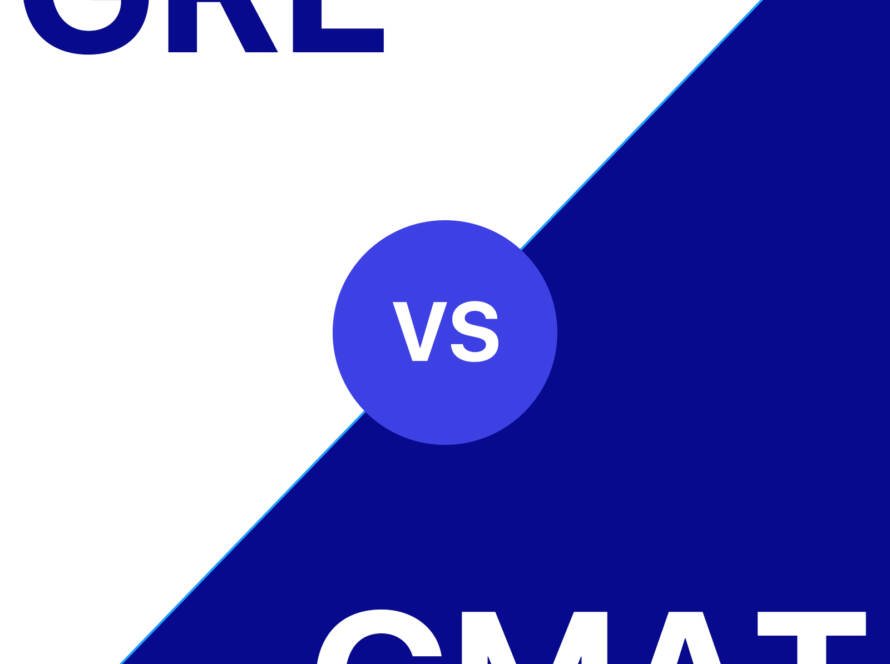When contemplating the pursuit of an MBA, you might wonder why many programs insist on applicants having professional work experience. Understanding the significance of this requirement can profoundly influence your readiness and approach to your MBA journey. In my own experience navigating the world of MBA programs, as well as through advising countless prospective students, I’ve seen firsthand how prior work experience plays a pivotal role in enriching one’s business education and future career prospects.
The dynamic discussions that animate MBA classrooms are significantly enriched by the diverse professional backgrounds of the students. Real-world experience transforms abstract concepts into tangible, understandable ideas. For instance, during my time in business school, I observed that students with work experience could draw upon specific examples, making case studies and theoretical discussions much more relatable and impactful. This not only deepens understanding but also prepares students for practical business challenges post-graduation.
The professional setting is a proving ground for developing soft skills essential in business leadership—teamwork, communication, and problem-solving. These skills are not easily taught through lectures but are honed through day-to-day work challenges. Entering an MBA program with these skills allows students to navigate the complexities of advanced business strategies more effectively and confidently contribute to team projects and leadership roles within the curriculum.
Having applied business theories in real-world scenarios, professionals returning to academia for an MBA find it easier to grasp advanced concepts. This practical perspective not only enriches their own learning but also enhances the educational experience for their peers, creating a richer learning environment for all. For example, during group projects, I often relied on my prior industry knowledge to guide the theoretical approaches we studied, directly seeing the correlation between classroom learning and business application.
From an employer’s perspective, MBA graduates with substantial pre-MBA work experience are invaluable. They are perceived as being immediately able to contribute to high-level management and strategic roles. Thus, having work experience can significantly elevate your employability and potential for career advancement post-MBA.
For those looking to shift industries, an MBA coupled with solid professional experience provides a strong foundation to pivot from. It allows for easier transfer of skills to new areas, supported by a robust professional network built over years in the workforce.
The collaborative learning environment of an MBA program benefits immensely from the breadth of experiences brought by each student. These diverse professional perspectives foster a comprehensive understanding of global business practices, preparing students for successful careers in an interconnected world.
The requirement for work experience in MBA programs is more than just a box to tick; it’s a crucial component that enhances your learning, enriches the experience for others, and magnifies your career opportunities post-graduation. If you’re considering an MBA, reflect on how your current job can not only fulfill this requirement but also how it can provide a rich foundation for your studies and future career growth.
If you’re ready to take your career to the next level with an MBA, consider consulting with Hiral Doshi. At Hiral Doshi Consulting, we specialize in preparing candidates for success, from selecting the right program to crafting a standout application. Let us help you turn your professional experience into your greatest asset for MBA admission. Click here to contact us today to begin your journey to business leadership.





